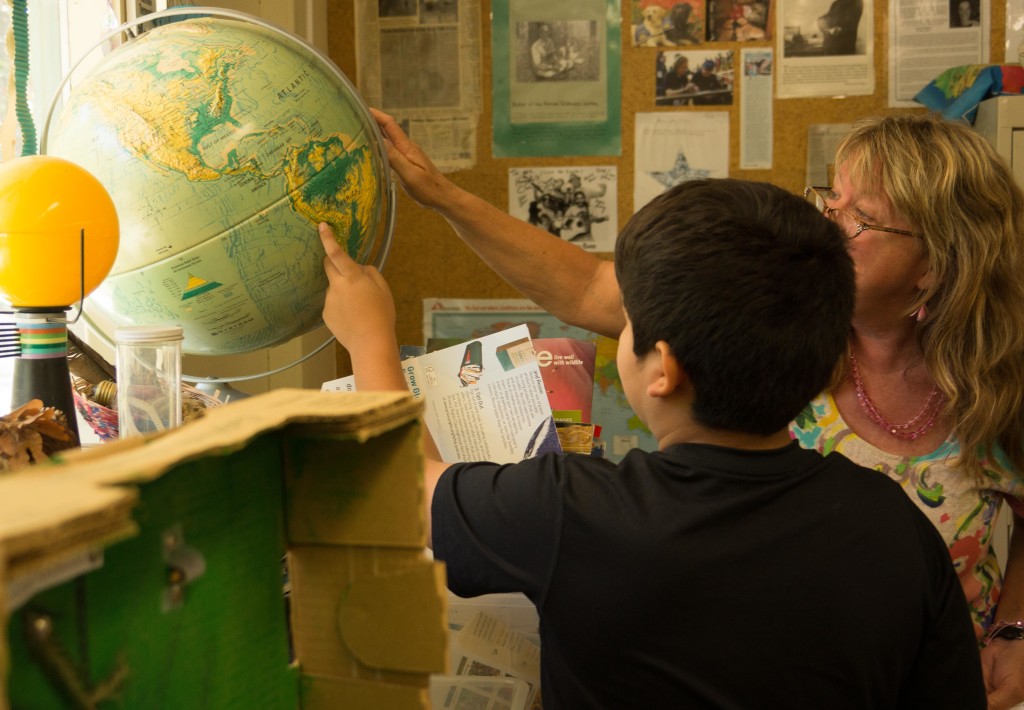We all heard the news. It was as if the environmental movement had finally medalled in the Olympics after years of not making the podium. A Global Climate Deal. More than 150 leaders from around the world gathered in Paris with the intention of making serious commitments towards preserving our planet for future generations. BBC and other major news outlets reported that the agreement included these key points:
- Keeping global temperature increase “well below” 2.0 degrees Celsius (3.6 degrees Fahrenheit) above pre-industrial times and “endeavor to limit” them even more, to 1.5 degrees Celsius.
- Limiting the amount of greenhouse gases emitted by human activity to the same levels that trees, soil, and oceans can absorb naturally, beginning at some point between 2050 and 2100.
- Reviewing each country’s contribution to cutting emissions every five years so they scale up to the challenge.
- Ensuring rich countries help poorer nations by providing “climate finance” to adapt to climate change and switch to renewable energy.
To have universal agreement on the above points was a major step in the right direction towards tackling the issue of climate change. Not much press, however, was given to an important article in the agreement.
Article 12
“Parties shall cooperate in taking measures, as appropriate, to enhance climate change education, training, public awareness, public participation and public access to information, recognizing the importance of these steps with respect to enhancing actions under this Agreement.”
After explicit calls from the Pope, President Obama, and the mayors of our country for increased climate science education, it was reassuring to find the importance of education validated in the Paris Climate Deal.
In fact, this article could be the single thing that will actually help enforce the entire climate deal. The deal itself is non-binding and countries set up their own targets for carbon emissions. Skeptics are not convinced that real change will be made since the UN has no power to enforce the agreement. Education is where the power lies and it is the key to ensuring that this climate deal is adhered to. The public has the power to hold their leaders accountable, but only if they understand how critical these measures are.
There are some organizations that are tackling the goal of educating the public about climate science. Ten Strands partners with the Alliance for Climate Education, who educate young people in the US on the science of climate change and empower them to take action. Another more global organization, the Foundation for Environmental Education (FEE), hosted a session at the conference called “Climate Change as part of the curriculum from kindergarten to university.” FEE is recognized by UNESCO as a world leader within the fields of Environmental Education and Education for Sustainable Development. They help to promote the 17 Sustainable Development Goals that were agreed upon at the UN in September 2015 (See video below).
While it is crucial to focus education on climate science, we have to go deeper for people to really understand the root of the problem. Having sustainable and long-term action towards restoring health to our planet will come from informed citizens who have the knowledge and desire to bring many different environmental issues to the forefront. As the only species that controls whether or not this planet thrives, we will have to understand ecosystems and how they depend on each other.
Education for our students about the environment helps us achieve this goal. Similar to how the environment is integrated in everything around us, the principles and concepts of the environment can be weaved into much of what students are learning in the classroom. This powerful way of teaching and learning becomes strengthened even further when students experience nature and their environment outside of the classroom. This is what we are all about at Ten Strands—the importance of environmental literacy for all.
If we truly want to reach and expand the goals of the Paris Climate Deal, environmental literacy needs to become a central part of the overall environmental movement. It plays an important role in the sustainability of the movement and provides the one enforceable tool for this agreement, and the many other climate agreements to come: An informed and engaged public. This was demonstrated last year with a climate march so large it attracted big-media attention, and was a message to the delegates of the Paris conference to put together an agreement that was meaningful. The public has the power to hold their leaders accountable. As people continue to increasingly feel the effects of climate change, they will start to look for sources of information on its cause. Let’s equip our students with knowledge now so they are prepared to be a part of restoring and preserving our planet.


